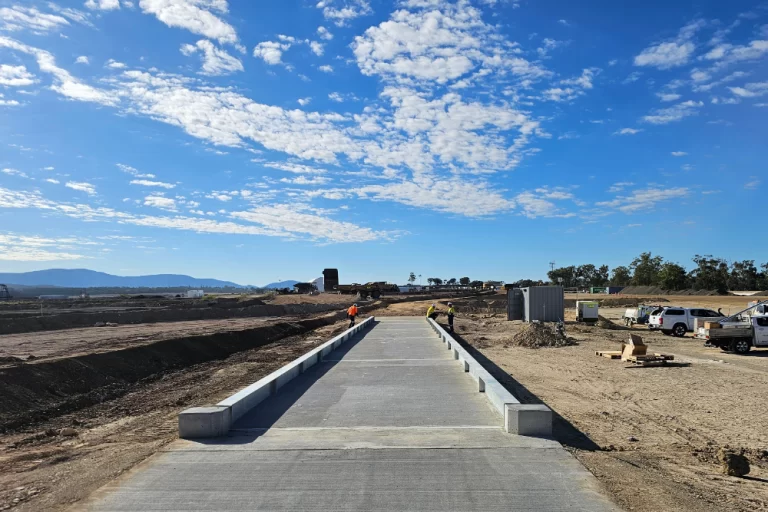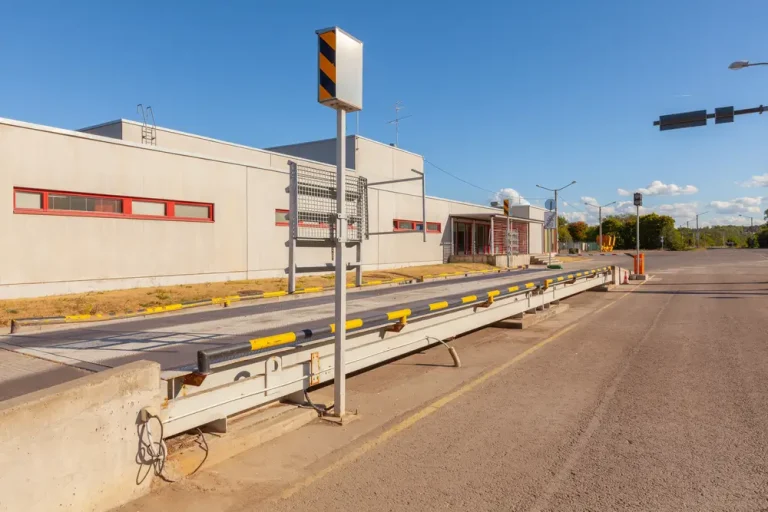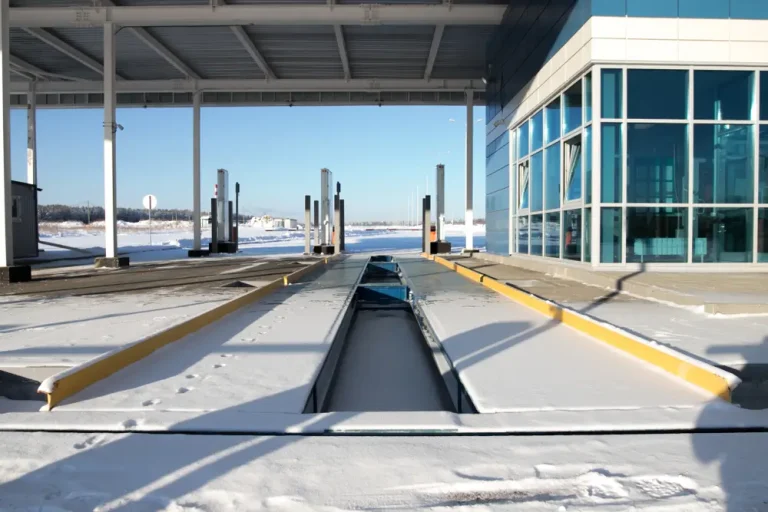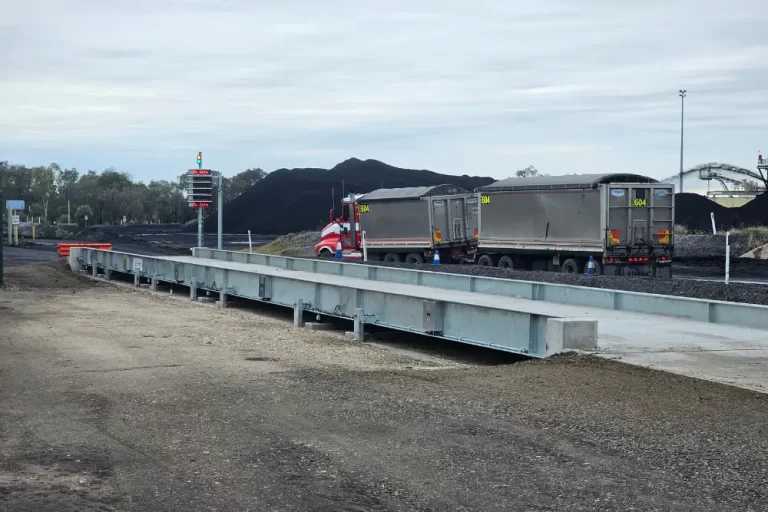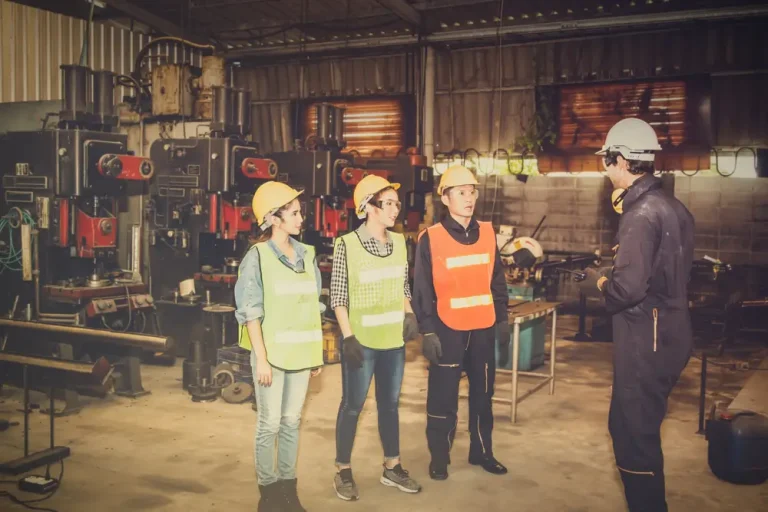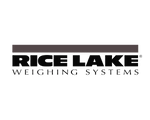Last Updated: October 25, 2024
Industrial weighing equipment is essential for accurate measurements in many sectors, but that’s not all it does. A common overlooked benefit is how these tools guarantee workplace safety. Nobody really talks about the repercussions until it’s too late, and it’s unfortunate that many business owners fail to recognise how inaccurate weighing can lead to serious accidents and put lives at risk. In this blog, we’ll talk about how properly calibrated and maintained weighing scales contribute to a safer workplace and ensure compliance with industry regulations.
Understanding the Risks of Inaccurate Weighing
Inaccurate weighing seems harmless on a small scale. But in industrial settings, these are just some possible risks of not calibrating weighing equipment.
- Overloading can lead to structural failures, collapses, and dangerous spills.
- Under- or overfilling containers with chemicals or hazardous materials can lead to explosions, fires, or poisoning risks. The volume of unchecked products will be proportional to the potential damages they can cause.
- Improperly labelled weights on shipments can overload trucks, trailers, or freight containers, increasing the risk of accidents on the road or during handling.
- Inaccurate weighing in manufacturing and production processes can lead to inconsistencies in product quality, potentially compromising consumers’ safety and damaging a brand’s reputation.
Essential Weighing Equipment for Workplace Safety
Here are the most common types necessary for workplace and consumer safety.
Industrial Scales: Various weighing equipment, from platform and bench scales to crane and counting scales, is crucial for ensuring accurate weights across industries.
Vehicle Weighing Scales: Truck scales, axle scales, and weighbridges are critical for preventing the overloading of commercial vehicles and ensuring compliance with road safety regulations.
Specialised Weighing Solutions: Industries handling hazardous materials, chemicals, or high-value products may require specialised weighing equipment with enhanced precision and safety features.
Why Is Calibration and Maintenance So Important?
It’s often difficult to stress the importance of calibration and maintenance, especially for smaller businesses. Only a few people understand the potential effect of one minor miscalculation on a larger scale. For many, it’s an unnecessary expense. That is, until something goes wrong. So, let’s discuss why calibration and maintenance are crucial to any operation that requires precision.
- Regular calibration of weighing scales by certified technicians is essential to maintain accurate readings and prevent safety risks. This aspect of quality assurance prevents accidents and guarantees the safety and satisfaction of the end consumers.
- Most industries have strict calibration requirements mandated by regulatory bodies to ensure workplace safety and product integrity. Non-compliance could mean fines, suspensions or even worse, closure of business.
- Properly maintained weighing equipment lasts longer, reducing downtime and replacement expenses. A perfectly working weighing system will not cause losses here and there that add up to one huge overall loss.
- Consistent scale calibration and maintenance future-proofs businesses by enabling them to meet industry standards, ensuring sustained growth and profitability.
Choosing the Right Weighing Equipment Partner
Having non-compliant weighing scales is not the end of your business. You can always step up and work with a trusted and reputable equipment manufacturer. Here’s what to look for in one.
- Look for a supplier with a proven track record and expertise in industrial weighing solutions, particularly within your industry. Ensure they have an extensive knowledge of rules and regulations to prevent issues in the future.
- Partner with a supplier that offers certified calibration services in accordance with NMI and relevant safety standards. This means their equipment is standardised and uses only the most updated safety technologies.
- Ensure your chosen supplier provides reliable maintenance and support services to ensure your equipment remains safe, accurate, and operational for years. Ask about recurring services so you don’t have to make separate payments or arrangements whenever you need to have one of your scales serviced.
- Seeking a supplier with industry-specific accreditations demonstrates their commitment to quality and compliance. Do your research and learn everything you can about the company before contacting its team.
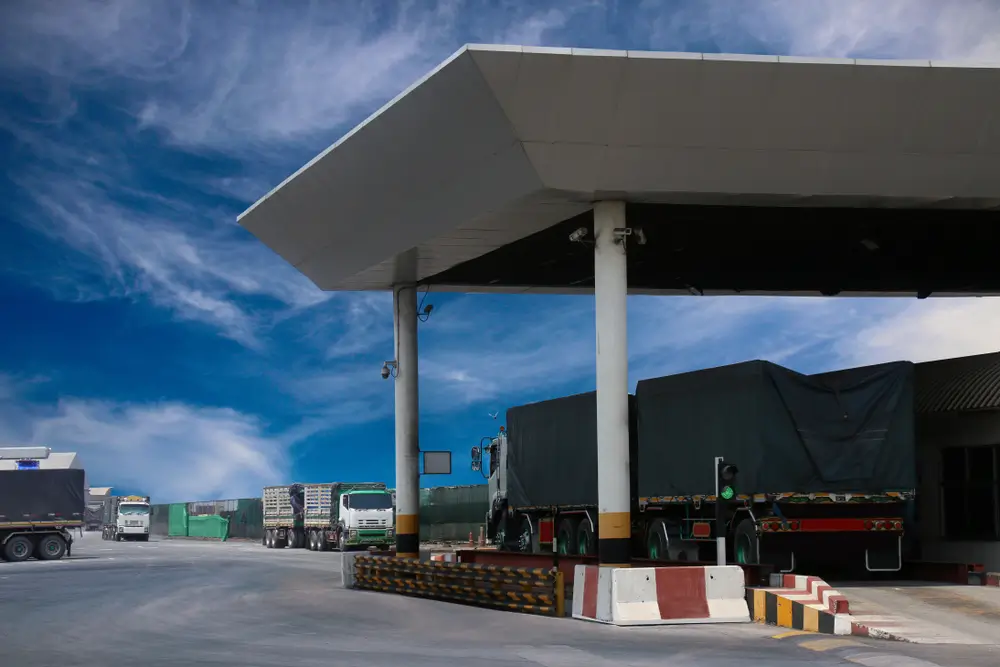
Invest in the Best Weighing Scales in Australia for Safety and Success
While the best is subjective to your needs, prioritising safety and compliance should be non-negotiable. By accurately determining weights, you’re protecting your bottom line, your employees, your customers, and your reputation. For industrial weighing equipment that stands the test of time while ensuring workplace safety, turn to Hunter Weighing. Contact our team for more information.

